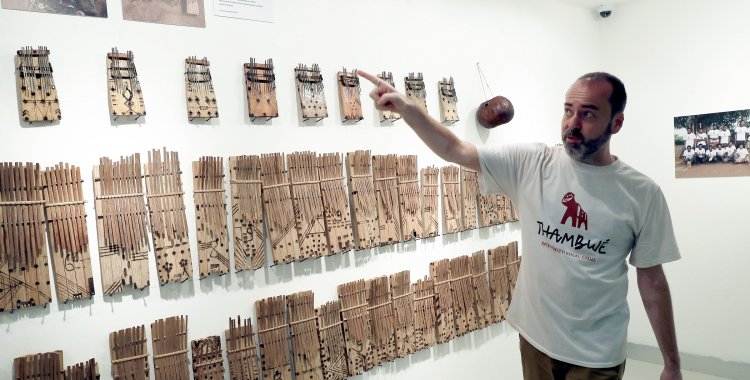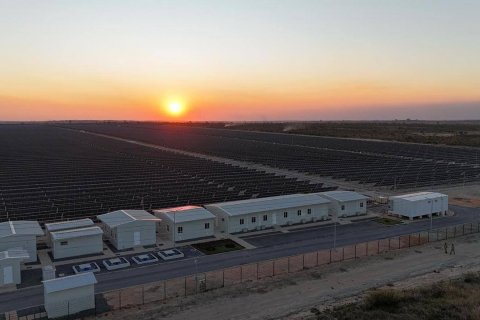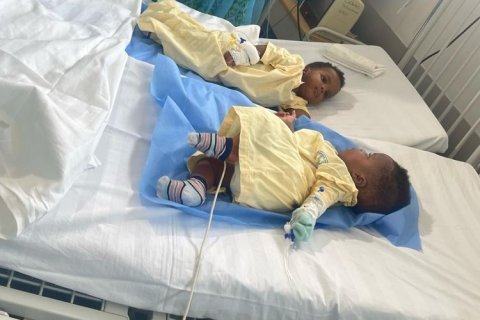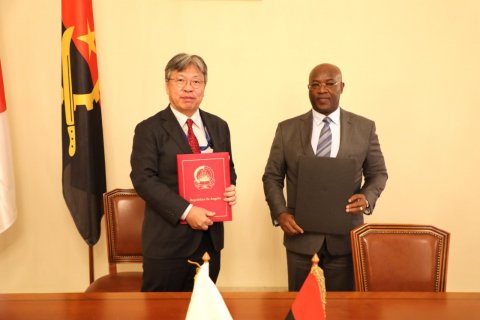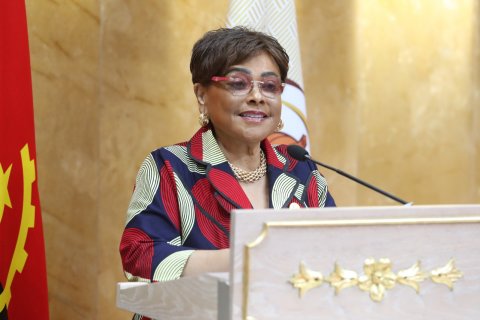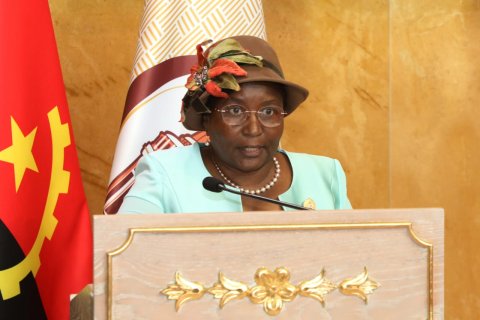Research carried out over two years in the province's villages by Spanish musicologist and composer David López Sáez resulted in the recovery of traditional songs, work that can be seen, until March 19, at the Centro Cultural Camões, in Luanda.
"Thambwé: Recovery, Valorization and Dissemination of the Cokwe Musical Heritage" is the name of the project developed in that province, which gave rise to the Thambwé traditional music school and another music instrument school in the region.
The digitization of the Phonographic Fund of the Regional Museum of Dundo, capital of Lunda Norte, was one of the results of the work carried out in the region, within the scope of this project, David López Sáez told Lusa, highlighting the importance of research for national culture.
The museum's collection consists of recordings made in the mid-20th century by the extinct Companhia de Diamantes de Angola (Diamang).
“The objectives of the project are the recovery, transmission and dissemination of the Cokwe musical heritage. We have an exhibition here that explains everything. Among the results we achieved, we highlight the digitalization of the Phonographic Fund of the Dundo Regional Museum”, said Sáez.
According to the coordinator of the project, financed by the European Union and co-financed by the Camões Instituto de Cooperação, from Portugal, for an amount of 40 thousand euros, the 640 folk songs recovered have already been delivered in digital format to the Ministry of Culture and Tourism.
Likembe, kakholondondo and muyemba are some of the traditional Angolan instruments, commonly known as quissanje (a type of idiophone whose sound varies depending on its shape and is caused by its vibration), on display until the 19th at the Camões gallery in Luanda.
The instruments were produced by young people from the village of Cambuaji, who receive ongoing training and training from adults/teachers to preserve and enhance the region's musical culture.
“[The school] is a fundamental pillar, in the sense that one of the axes of the project is transmission. So, the school is to transmit knowledge of traditional Cokwe music to new generations for greater appreciation of this culture”, explained David López Sáez.
The Spaniard, from the La Mancha region and resident in Dundo for two years, said that he was encouraged to embrace the project by the director of the Orquestra Angolana Kapossoca, where he collaborates, and is happy with the results of the project, despite the difficulties of transport to the villages.
David López Sáez, 41 years old, responsible for all the research, highlighted the commitment of the communities, who embraced and participated in the project, and the positive result achieved.
At the end of the process, the investigator now asks the Angolan authorities to ensure its "good use", appealing for the phonographic material, now in the possession of the Ministry of Culture and Tourism, not to be left forgotten in a drawer.
“I hope they make good use of it, I mean, it would be a shame if it stayed in a drawer. The songs they are learning at school are the very songs that have been digitized, so the idea [was] to rescue and transmit,” he insisted.
For the Spanish musicologist and composer, the project should boost and arouse greater interest, especially among youth, in the quissanje instrument, remembering that it is visible on the back of the 1000 kwanza note.
The exhibition, open to the public since last Tuesday, February 27th, also portrays, with photographs, the project's path and provides QR codes, allowing, through the camera of a cell phone, visitors to listen to various songs from the cokwe folklore.

